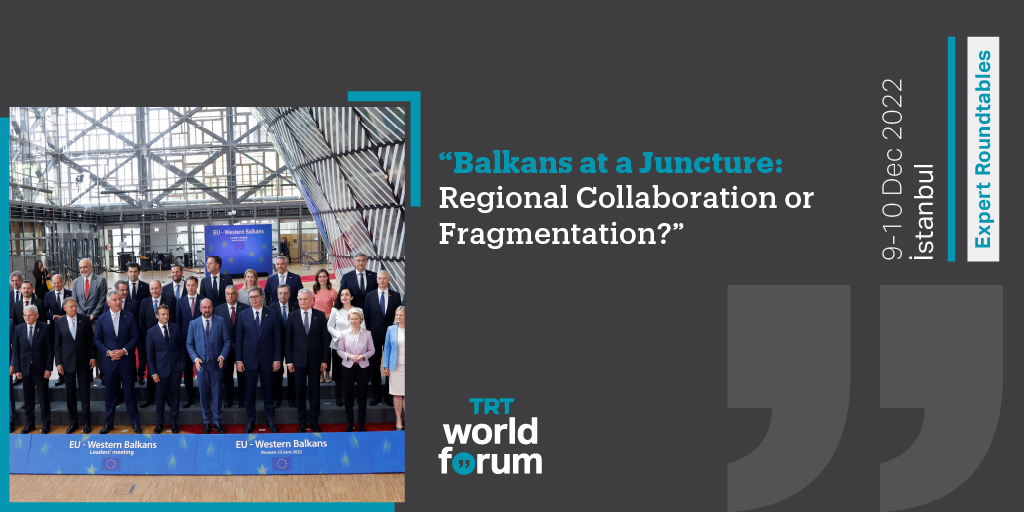Twenty years after the devastating wars that led to the dissolution of Yugoslavia, the Balkan countries remain in a precarious situation. Bosnia-Herzegovina is currently facing its most significant crisis since the signing of the 1995 Dayton Accords, with the spectre of secession threatening the country’s unity. Meanwhile, tensions between Kosovo and Serbia over Kosovo’s sovereignty continue to resurface periodically. While North Macedonia, Albania, and Montenegro have become members of NATO, their progress towards EU membership has stalled, largely due to both a lack of progress within these countries and waning commitment from the EU.
In addition to these challenges, issues such as population decline, concerns over the rule of law and governance, the rise of populism, and the persistence of ethnopolitics hinder the region’s prospects for sustainable peace and stability.
However, amidst these lingering problems, there is positive momentum towards advancing regional cooperation, driven by a shared interest in addressing common challenges. Initiatives like the establishment of a Regional Economic Area, or ‘mini Schengen,’ which enables the free movement of goods, services, investments, and labour, are expected to boost intra-regional trade and facilitate smoother integration into the EU economy.
This session will provide an overview of the current state of affairs in the Balkans, while exploring potential scenarios for the region’s future. It will also assess the trends and the growing geostrategic competition among great powers in the region, all in light of the complex local dynamics at play.
